Portugal's beach season officially starts tomorrow, marking the beginning of summer with 10 additional guarded beaches, bringing the total to 605. The government has urged the public to adhere to safety guidelines to ensure a safe and enjoyable season for everyone.
According to the Ministry of Environment and Energy, 740 beaches have been officially recognized, with 605 now under lifeguard surveillance. This increase reflects the government's commitment to public safety and environmental excellence.
Looking ahead to 2025, Portugal has identified 673 bathing waters, nine more than in 2024. These areas may encompass multiple beaches, further expanding the options for beachgoers.
New bathing waters added this year include:
- Monte Velho/Porto das Carretas (Santiago do Cacém)
- Cornicovo (Penacova)
- Valongo-Breda (Mortágua)
- Rodanho and Foz do Lima (Viana do Castelo)
- Boiçô, Marmeleiro (Sertã)
- Montalvo/Tesos (Ponte de Sor)
- Olhos de Água do Alviela (Alcanena)
Maria da Graça Carvalho, Minister of Environment and Energy, emphasized the importance of coordinated efforts and public responsibility in managing Portugal's beaches. She highlighted the continuous water quality monitoring by the Portuguese Environment Agency (APA), which conducts 10,000 annual tests to ensure safety.
In 2024, 82.6% of bathing waters were rated as "excellent," with the Azores leading at 95.5%, followed by the Algarve and Alentejo.
The "Accessible Beach, Beach for All!" program saw 254 applications this year, aiming to improve accessibility for people with limited mobility. Enhancements include pedestrian access, ramps, walkways, adapted toilets, and amphibious chairs.
Portugal continues to shine internationally, with 404 beaches awarded the Blue Flag, ranking 6th globally among 51 countries in this environmental excellence program. Of these, 354 are coastal or transitional beaches, and 50 are inland, up from 398 in 2024.
The new InfoÁgua digital platform, replacing InfoPraia, provides up-to-date information on water quality, accessibility, and surveillance, making it easier for the public to plan their beach visits.
The government reminds everyone to choose guarded and identified beaches, follow safety guidelines, and check official information regularly.



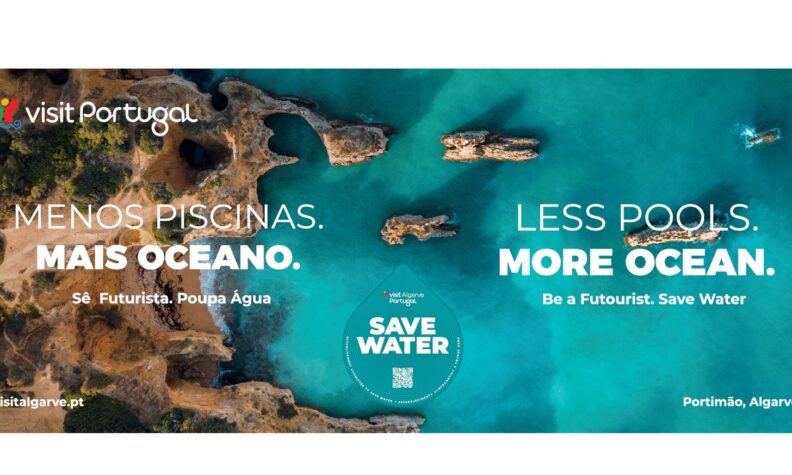
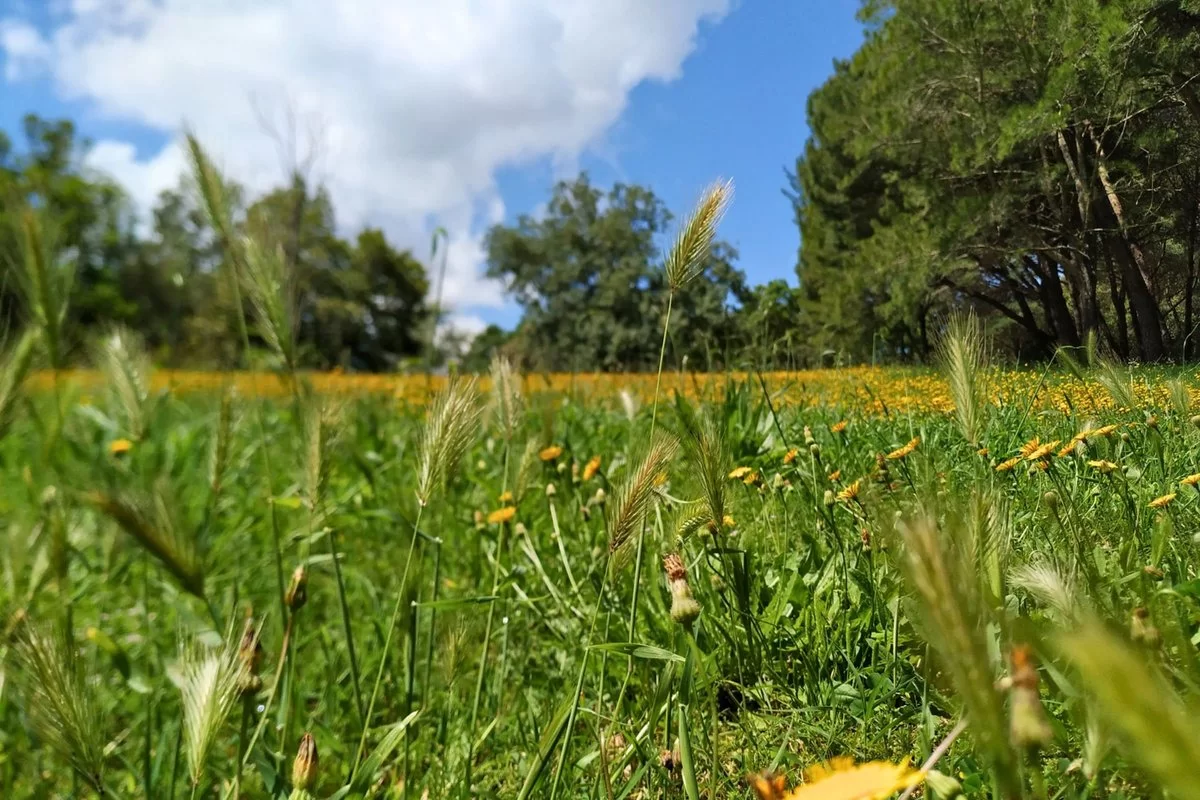

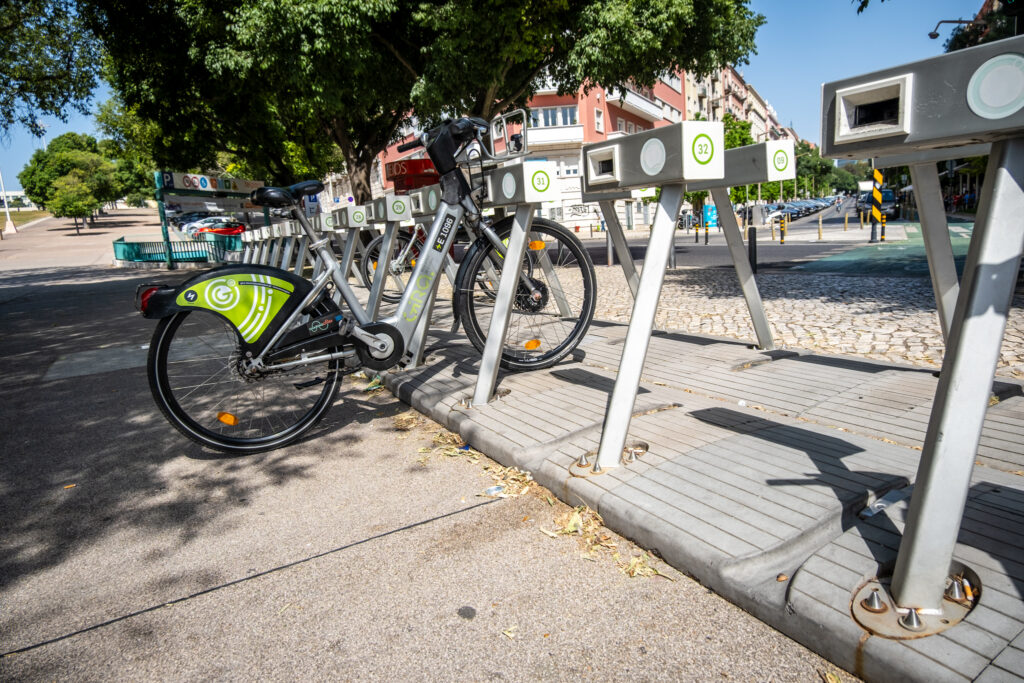



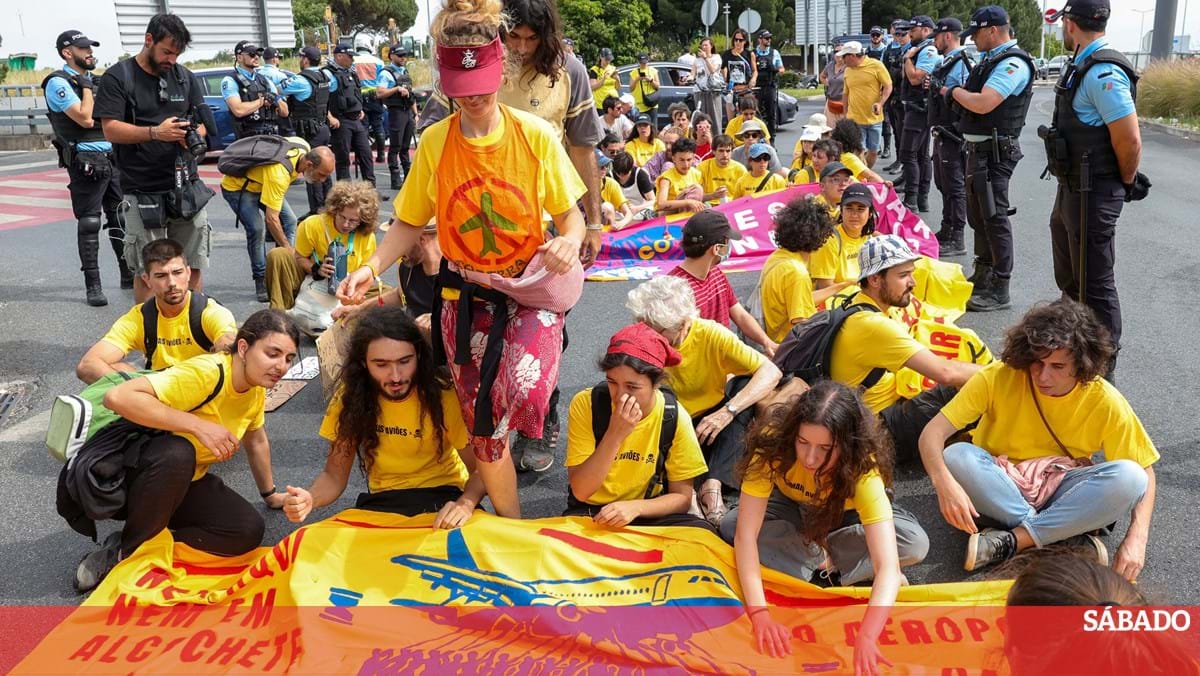

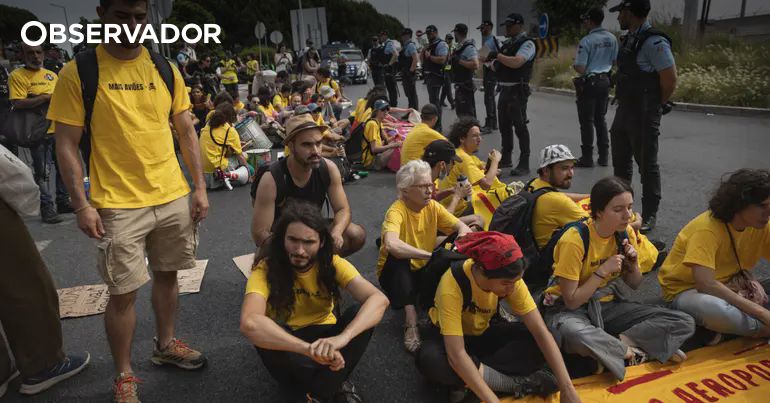






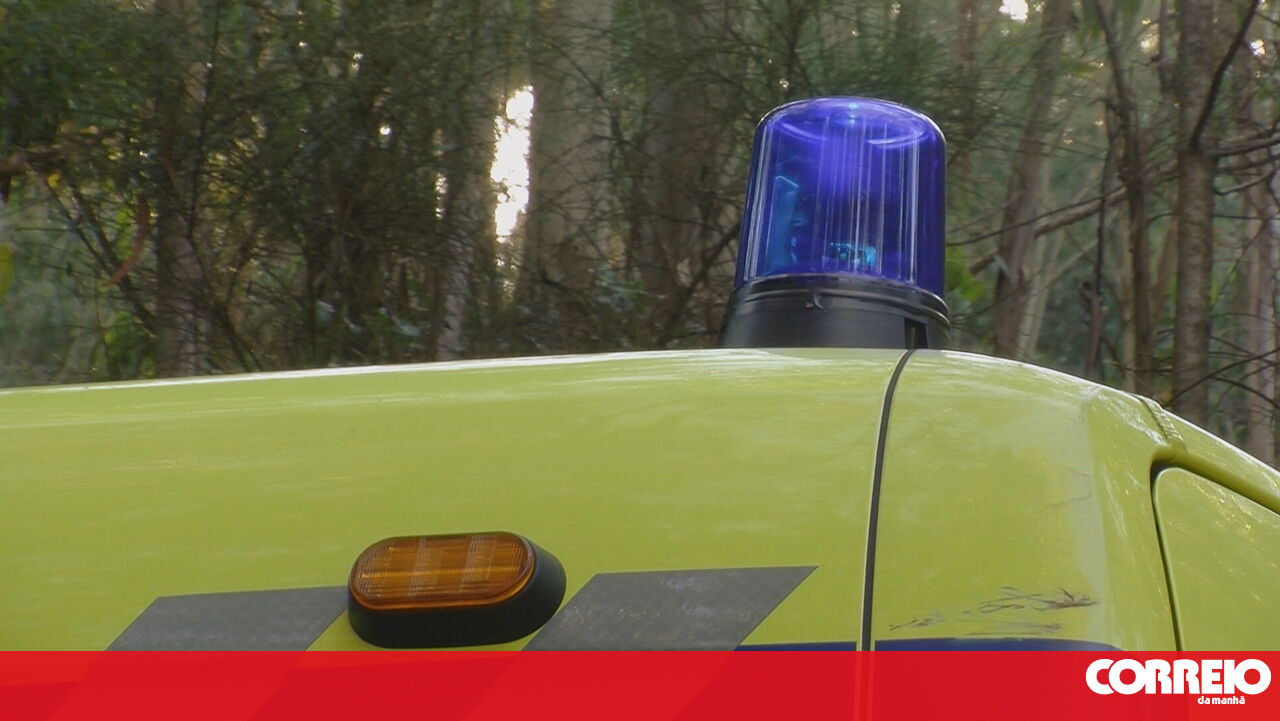


Comments
Join Our Community
Sign up to share your thoughts, engage with others, and become part of our growing community.
No comments yet
Be the first to share your thoughts and start the conversation!